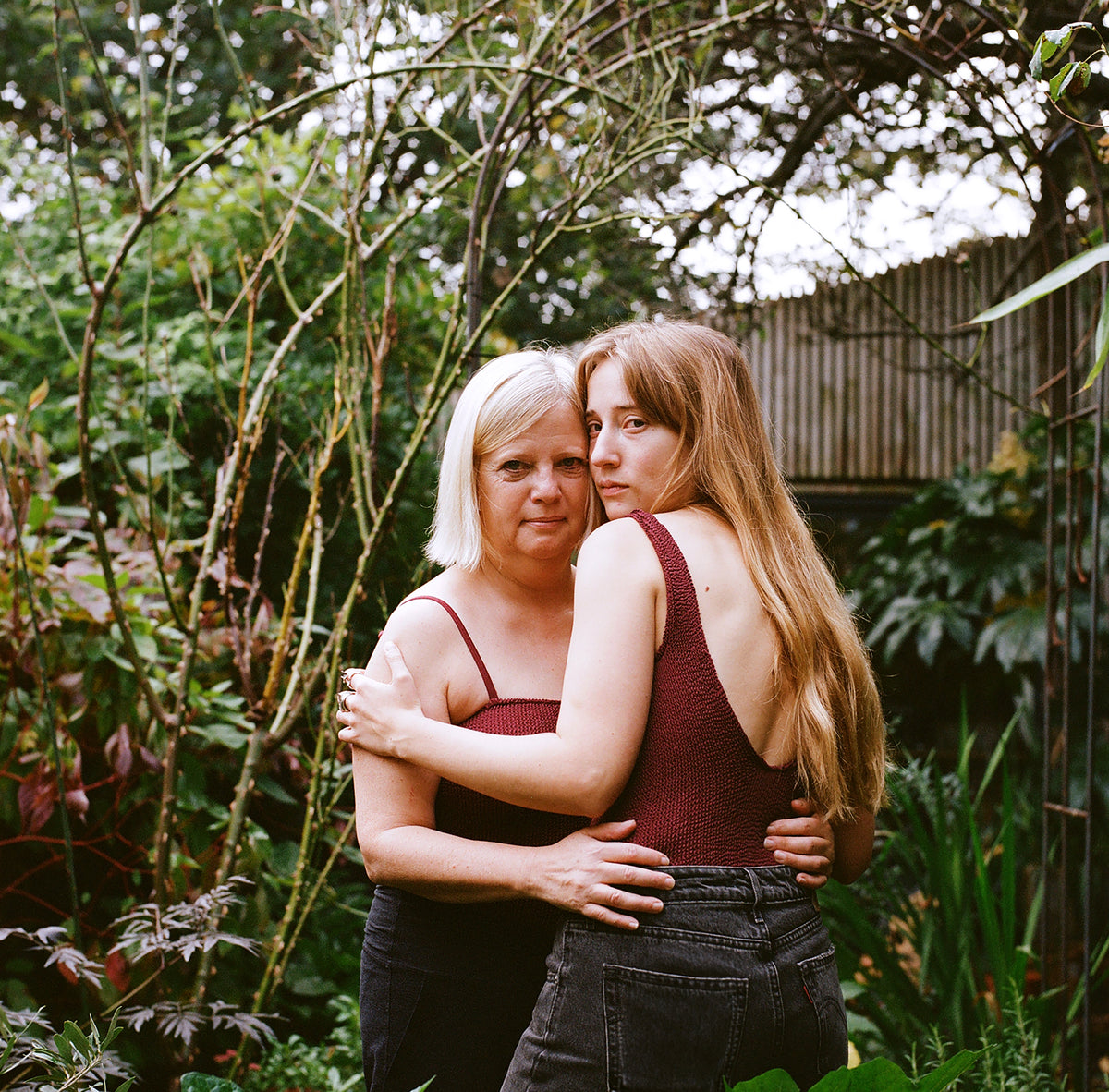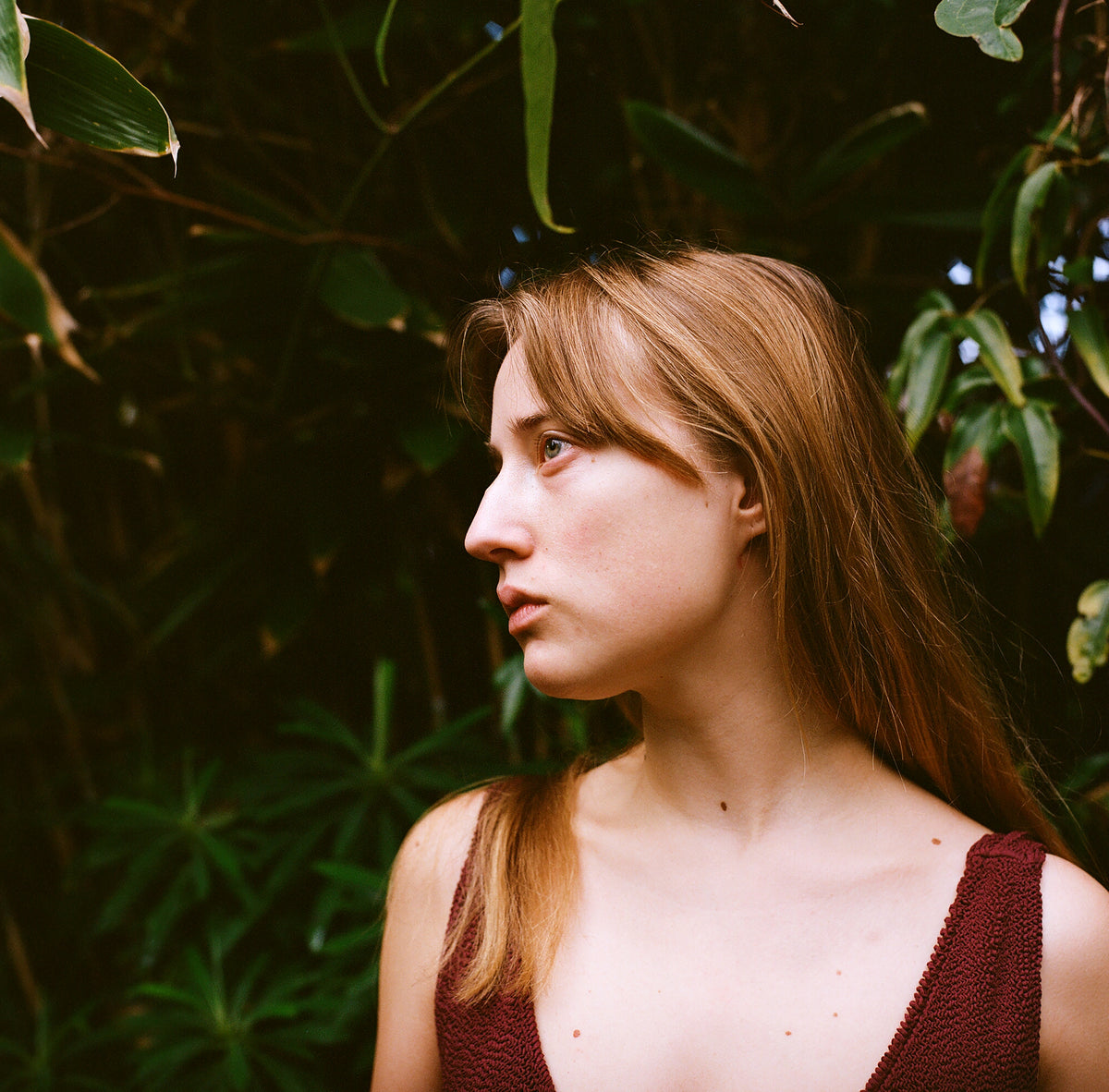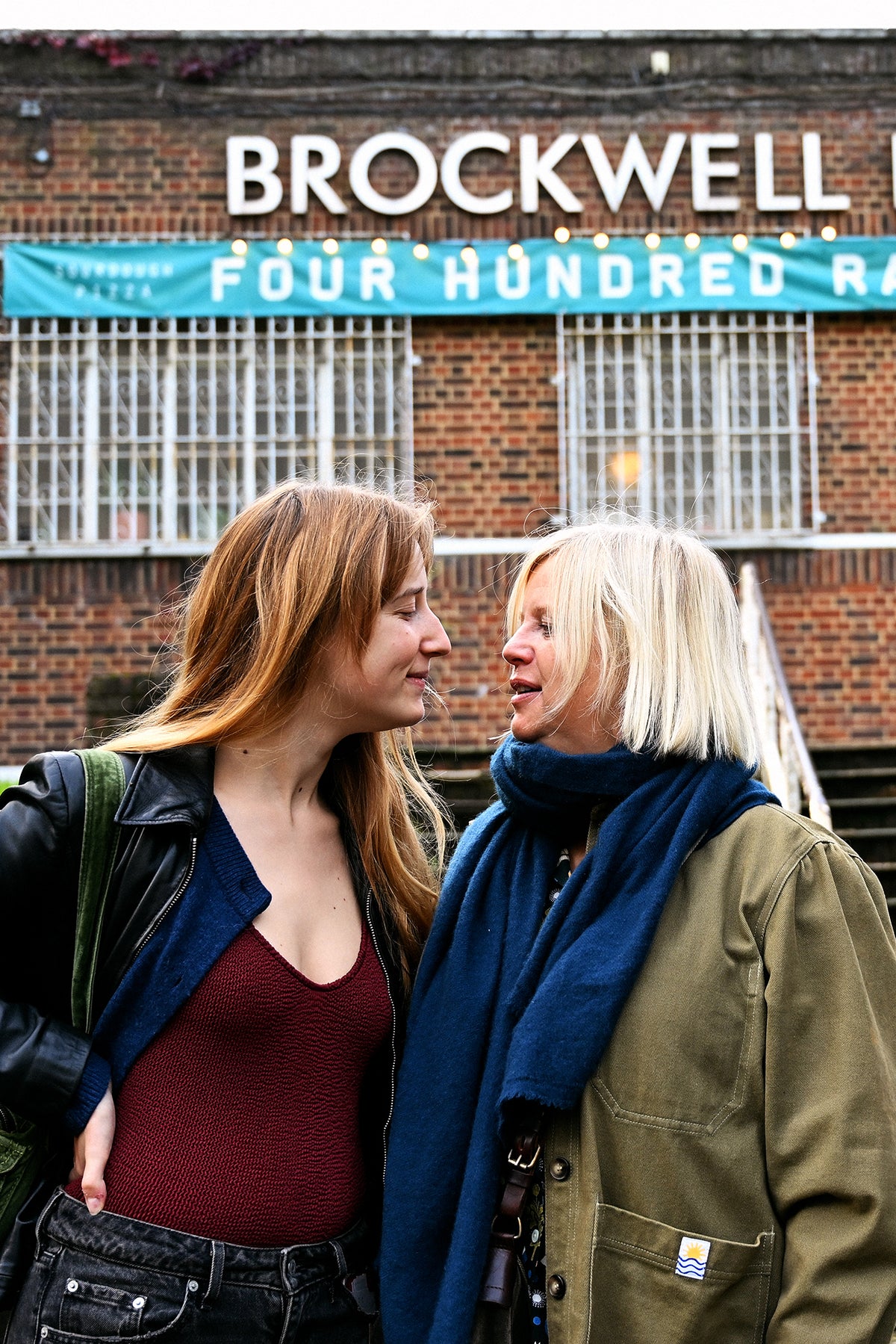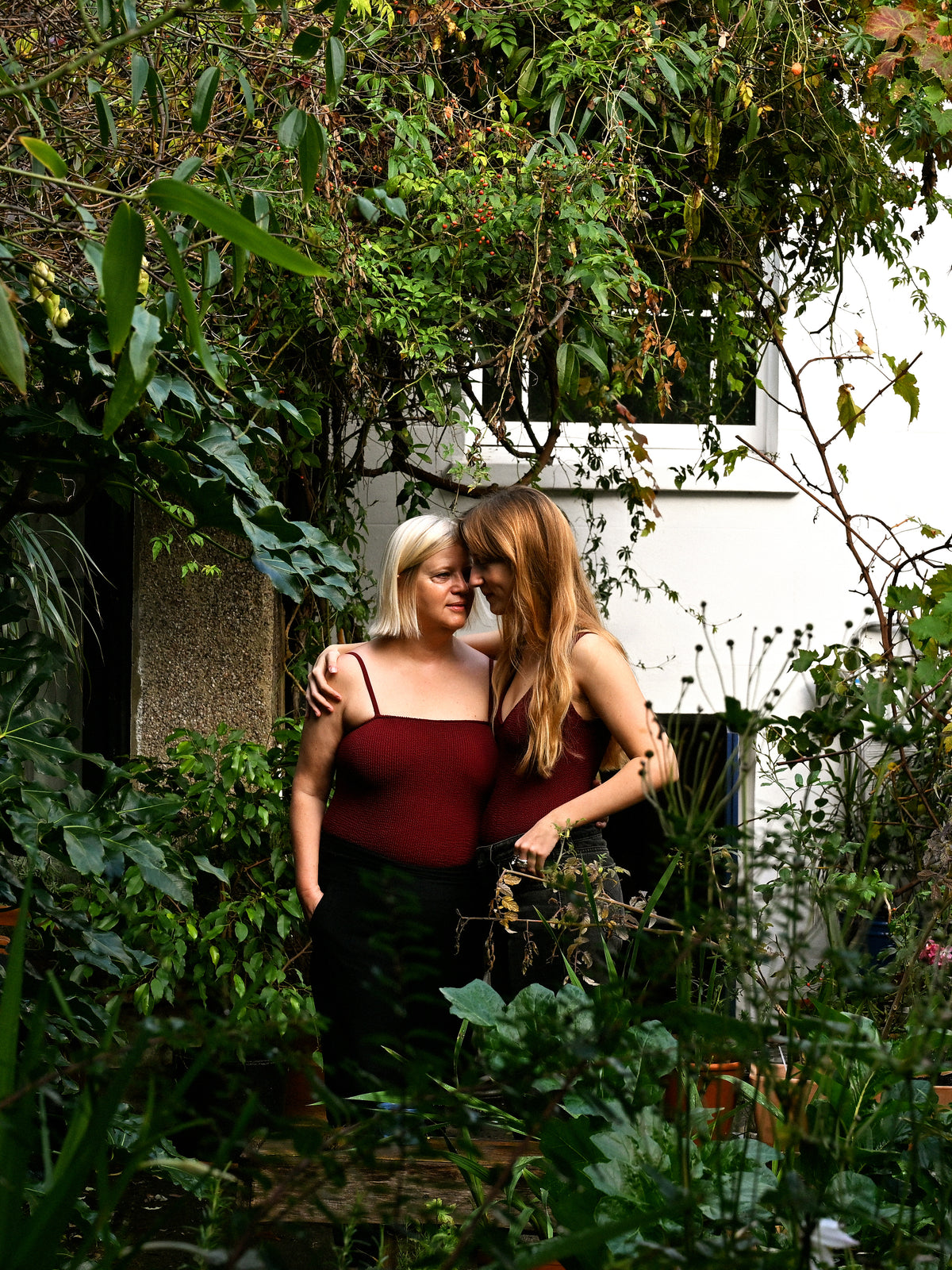By Vida Adamczewski
Breaststrokes
Breastrokes, a piece written by poet and writer Vida Adamczewski about her mother’s breast cancer diagnosis, the physical and emotional impact these life-altering surgeries had on her mother’s relationship with herself and her body, and the road to recovery through swimming that brought them closer together.






